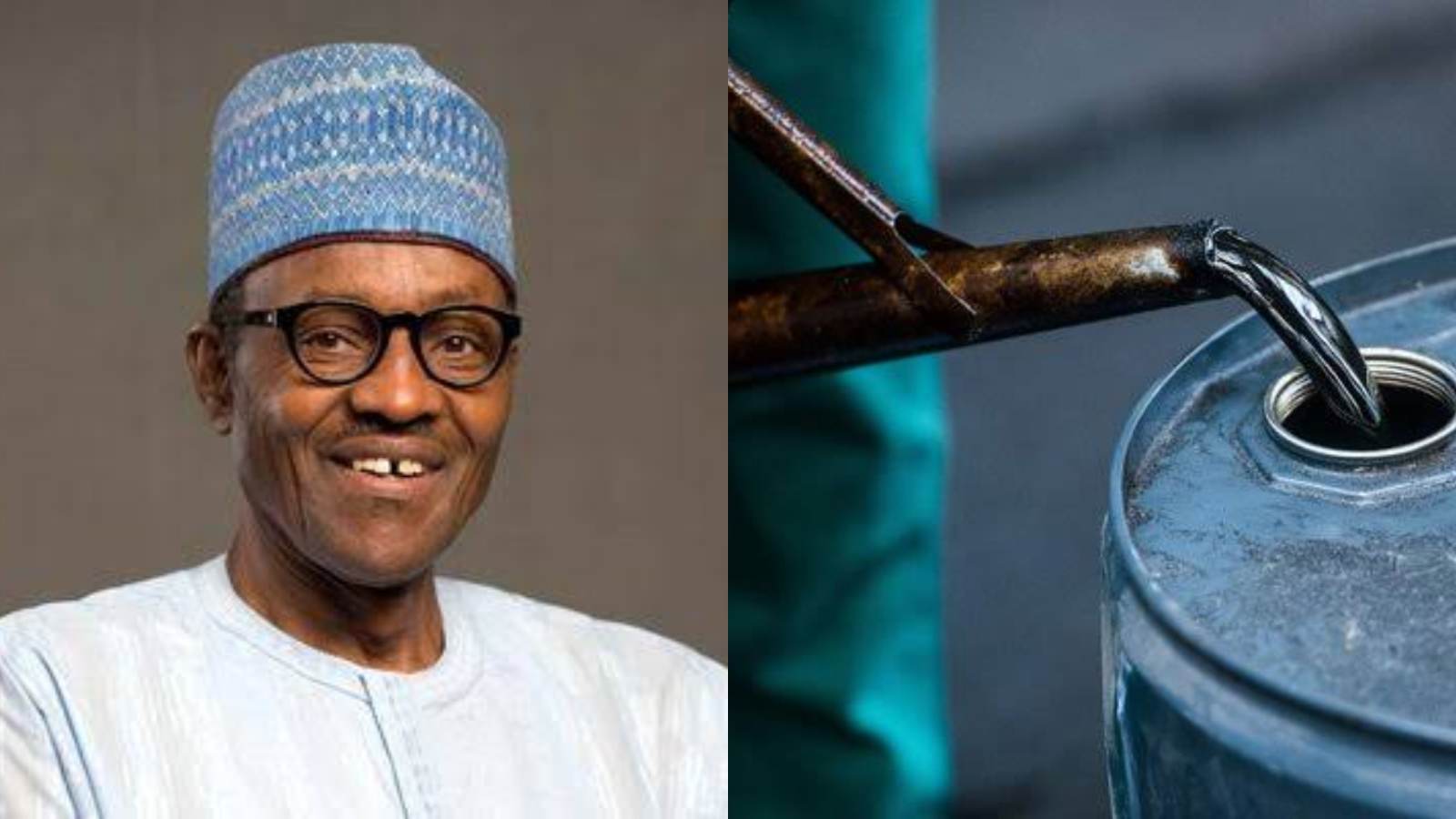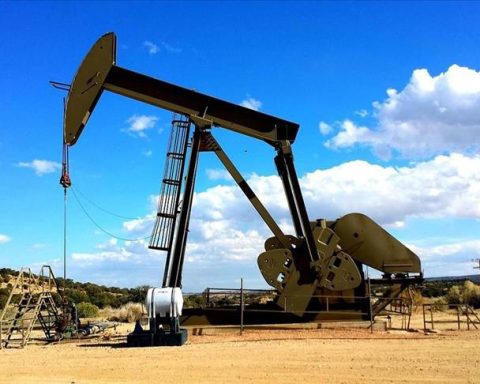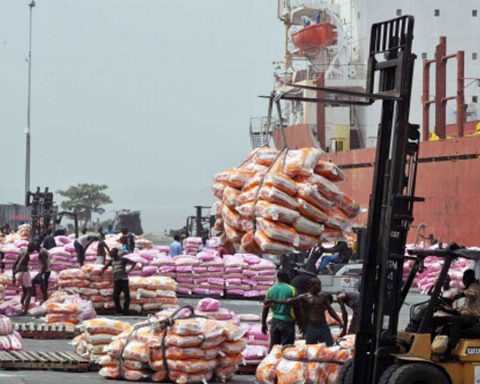Nigeria has yet again lost its position as the largest oil producer in Africa, after producing less crude compared to Angola in June. This is the second months the country will fall behind, with May being the first.
Oil companies in Nigeria had produced 1.158 million barrels per day (bpd) in June, rising above the 1.024 million bpd pumped in the month before, but this wasn’t enough to displace Angola.
Join our WhatsApp ChannelDespite raising production level by 134,000 barrels per barrel, crude output in Angola surpassed Nigeria’s effort, with the Southern African nation producing 1.175 million bpd last month, in contrast to the 1.162 million bpd in May.
The output figures were documented in the monthly report of the Organization of the Petroleum Exporting Countries (OPEC) released on Tuesday.
Angola outperforming Nigeria comes at a period the Chief Executive Officer of Nigerian oil firm, Oando, Wale Tinubu, disclosing that oil producers in the country are stepping down production level due to oil theft in the country.
Tinubu had stated that at least 20,000 barrels are stolen per day through sabotage at the pipeline transporting the crude to the oil terminals for export, frustrating the effort of the companies and dragging their earnings down.
Nigeria’s oil more valuable than Angola, but there’s a problem
Meanwhile, Prime Business Africa understands that despite pumping more oil than Africa’s largest economy, Angola’s crude was valued less than that of Nigeria based on the pricing, according to OPEC’s monthly report.
Nigerian crude oil from Bonny Light, Forcados and Qua Iboe rose by $2.45, $3.26, and $2.83, and recorded a premium of $5.28/b, $7.61/b, and $6.53/b respectively m-o-m in June, while that of Angola medium-heavy sweet crude Cabinda rose by $2.83 m-o-m on average to a premium of $3.76/b.
“On a monthly average, crude differentials to the North Sea Dated benchmark of Bonny Light, Forcados and Qua Iboe rose by $2.45, $3.26, and $2.83, respectively m-o-m in June, to settle at a premium of $5.28/b, $7.61/b, and $6.53/b,” OPEC wrote.
It added that, “The crude differential of medium-heavy sweet crude Cabinda rose in June by $2.83 m-o-m on average to a premium of $3.76/b.” as demand from Europe poured in.
However, the report explained that despite the rise in global crude oil price, Nigerian government might not benefit from the increased cost due to soaring inflation that has made investment in the country less attractive after the Central Bank of Nigeria (CBN) raised interest rate to 13%, to battle Nigeria’s double-digit inflation rate of 17.7% in May.
The inflation rate has reduced consumer spending, while the increased interest rate made borrowing costly for firms.
“Overall, the above-average fossil fuel prices support a firmly positive outlook for the rest of the year, but concerns over soaring inflation would increase uncertainty next year.” OPEC said.














